German citizens protest against West’s arms delivery to Ukraine
Crowds of people have taken to the streets in a populous state in western Germany to denounce the West's supply of lethal weapons to Ukraine, demanding the de-escalation of the ongoing crisis.
The protesters rallied in Dusseldorf, the capital city of North Rhine-Westphalia on Saturday, holding banners that read, "We want peace," "No war," "Weapons don't create peace" and so on.
"We don't consent to the German government sending heavy weapons into a hot war zone because weapons do not create peace, they only prolong and increase the human suffering in Ukraine. We want Germany to undertake diplomatic initiatives and to stop sending heavy weapons," said a protester.
The demonstrators further called on Western countries, particularly the United States, to immediately stop sending weapons to Ukraine.
They also condemned NATO for recklessly waging wars around the world for its own interests.
"I think NATO has been waging wars in their own interests all over the world during the last decades. They invaded Libya, they invaded Afghanistan, they invaded Iraq," another protester said.
The latest development comes amid growing concerns among German citizens over the potential delivery of more weapons to Ukraine.
Back in May, Germany said it had received an official request from Ukraine to provide it with Taurus air-to-surface missiles, which would allow Kiev to strike well inside the Russian territory with their range of more than 500 kilometers.
In the same month, Berlin unveiled its biggest armaments package for Ukraine, including tanks, missile defense systems, and combat vehicles worth 2.7 billion euros.
High-tech German-made Leopard 2A6 tanks sought by Kiev have already been put to use at the frontlines, and the medium-range Iris-T missile defense system from Germany is also helping to bolster Ukraine against Russian forces.
West’s delivery of powerful weapons to Ukraine comes despite Moscow’s constant warning that the move will escalate the war.
The West, however, continues to provide Ukraine with military equipment worth tens of billions of dollars since Russia began its military campaign in Ukraine in February last year.
Iran puts ‘Jam‑e Jam 1’ into orbit in milestone for national broadcasting
‘Colonial eradication of Palestine’: Iran condemns Israel’s West Bank annexation push
Thousands block Melbourne as Israeli president ends contentious Australia visit
Nearly 800 Lufthansa flights cancelled as pilots, cabin crew strike
Pezeshkian: US, Israel exploit Iran’s challenges without genuine concern
VIDEO | Press TV's news headlines
VIDEO | Chaos by design
Leader hails Iranians for disappointing enemies with multimillion rallies


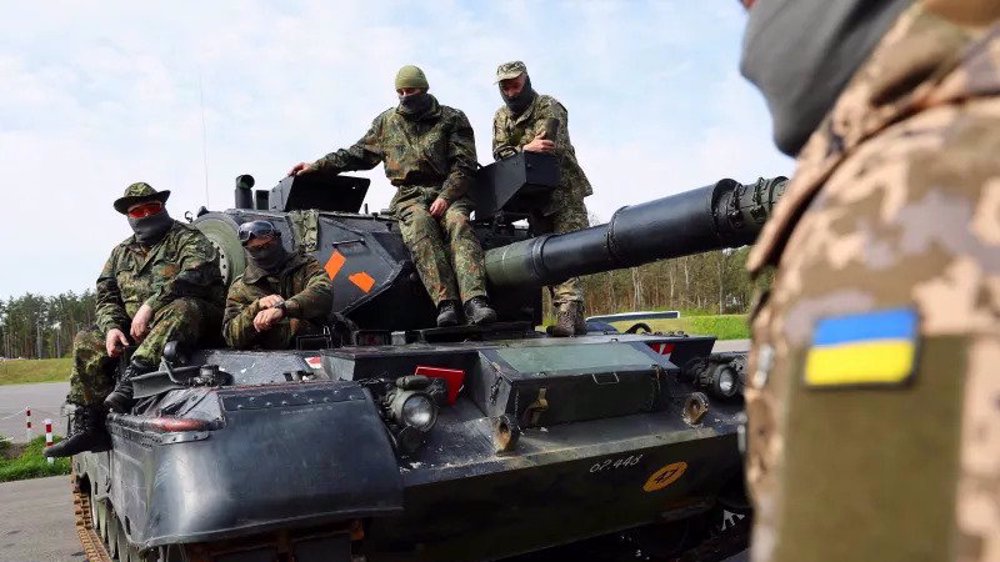
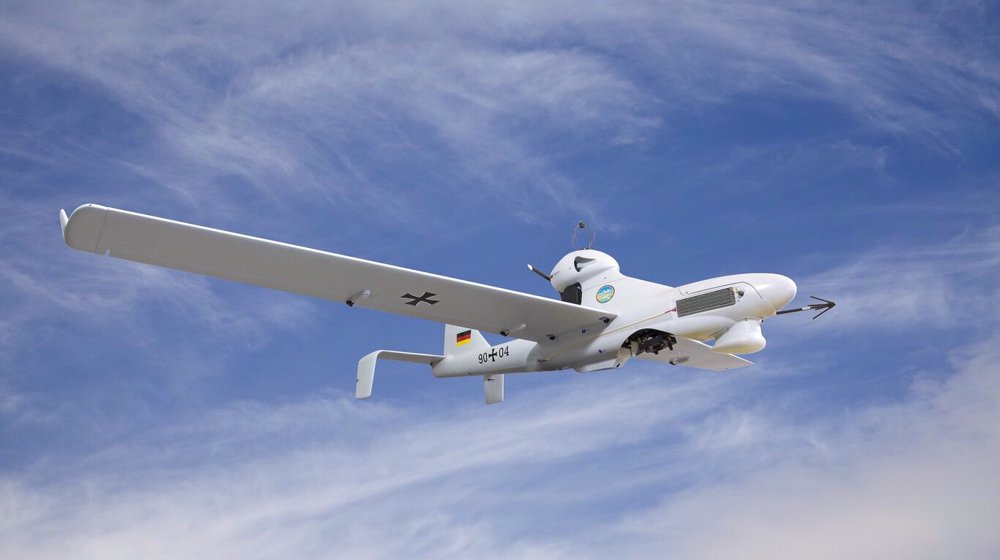
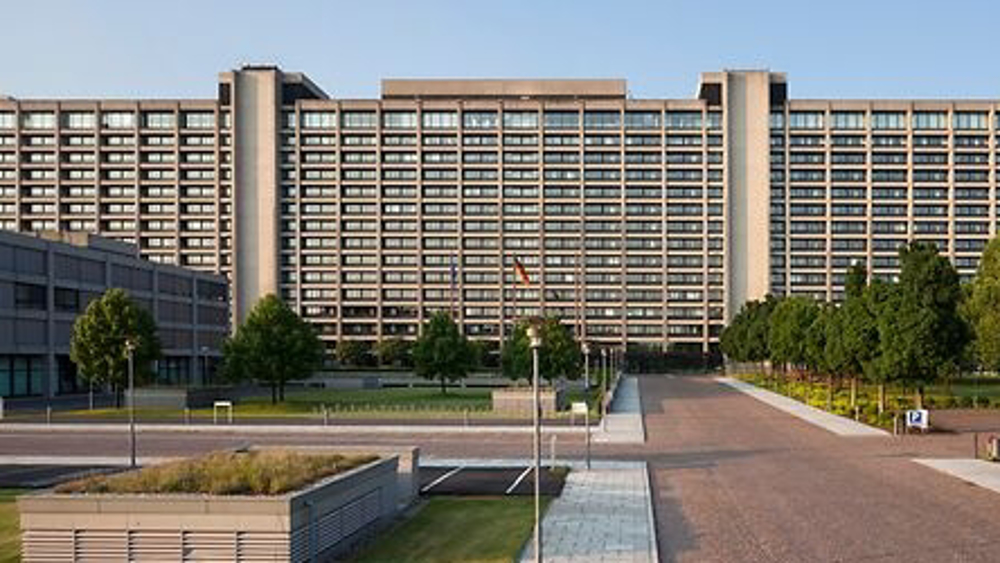
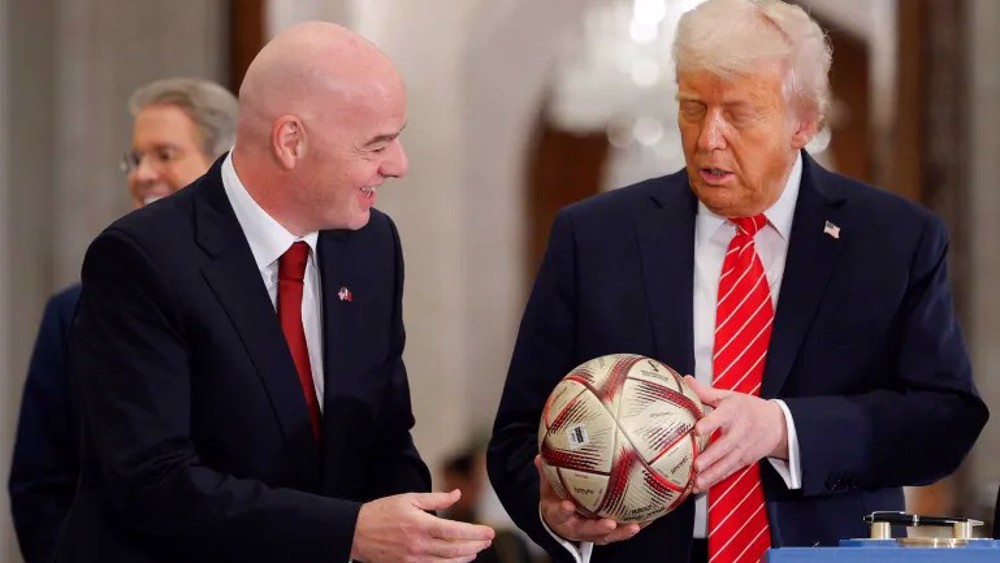
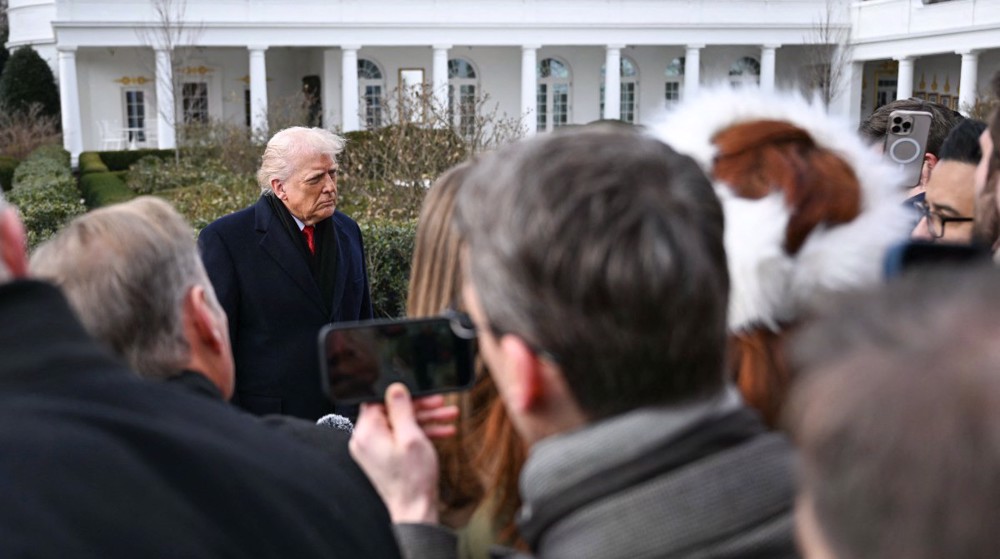



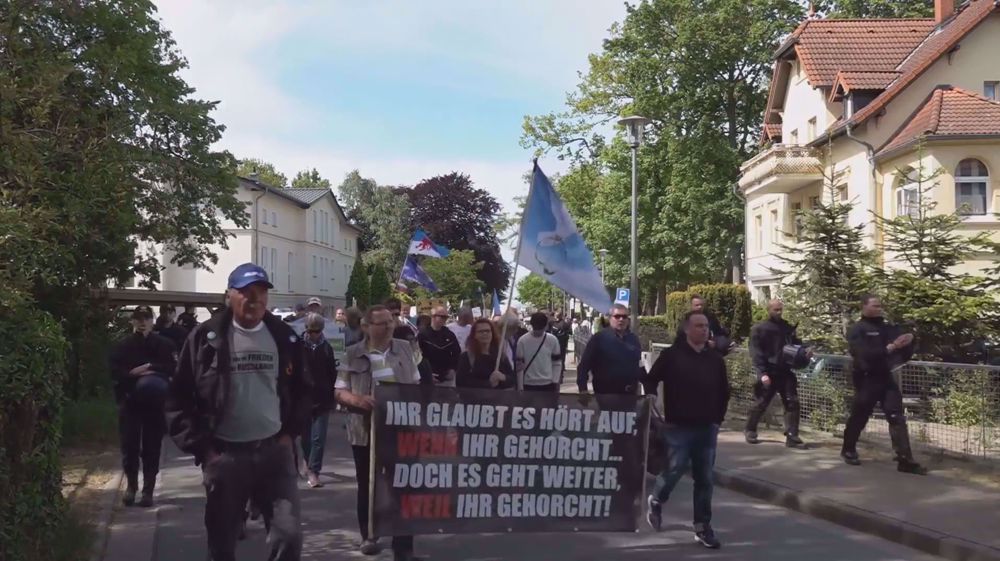
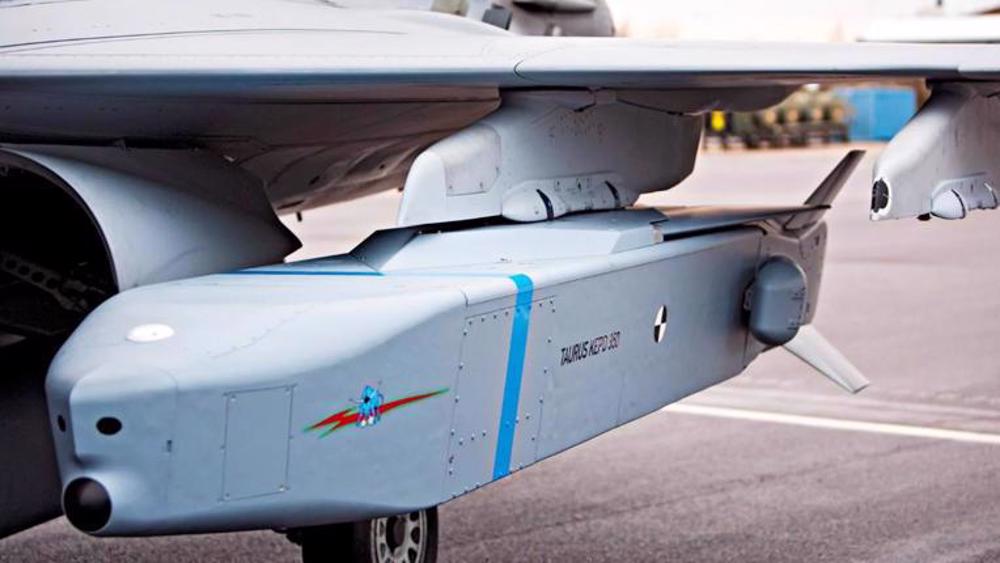
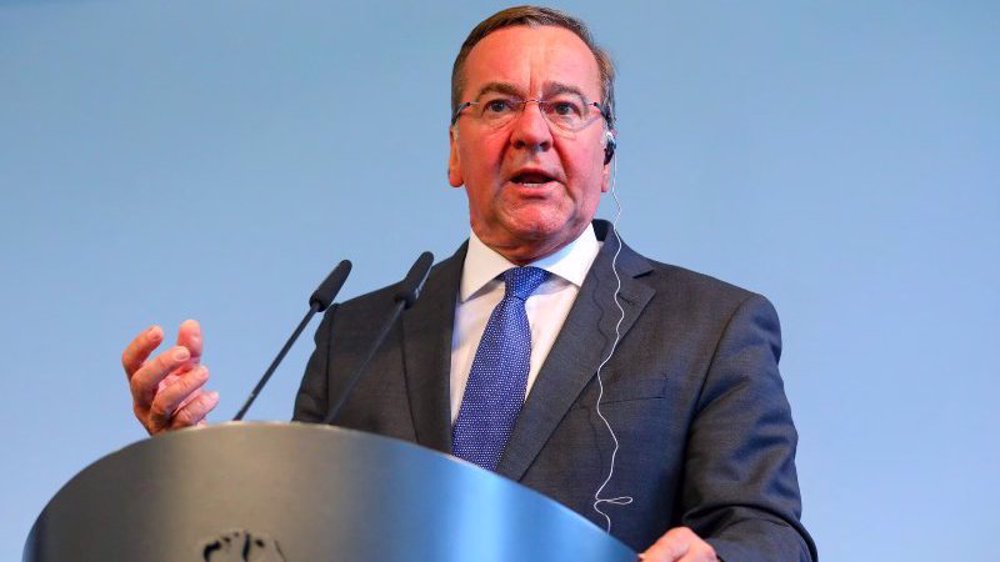

 This makes it easy to access the Press TV website
This makes it easy to access the Press TV website